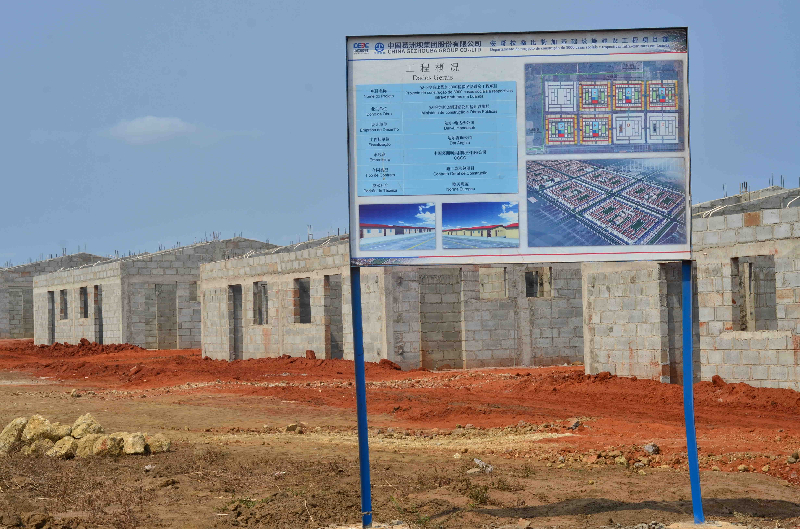The course develops a critical theoretical framework based on three key concepts: uneven development, "thinking from the South," and political ecology. Political ecology emphasises how all development is about social and environmental transformation with winners and losers that shape rural and urban landscapes and often with destructive environmental consequences. In parallel, we draw upon postcolonial thought to challenge from where development, sustainability, and urbanization can be understood, providing ample space to engage with knowledge centres, organisations, and civil society groups from cities and countries in the global South. This expands the places, experiences and researchers that can inform the theory and practice of development.
Pedagogically, the course is based on creating a community of inquiry between students and the teacher. Lectures are followed by group work as well as seminars and individual consultation hours with the teacher. This creates an intimate learning environment, making it safe to both ask and try to answer difficult questions. Group work means to do a case study and receive training in applying theory to understand "messy realities." You will also develop your essay writing skills with peer feedback and feedback from the teacher to support your growth as a writer and thinker.
